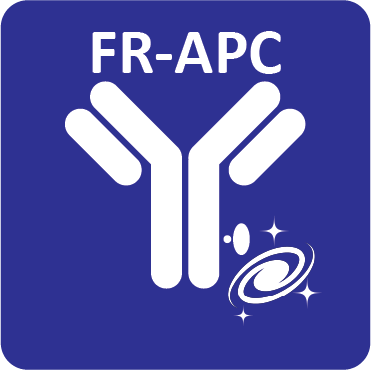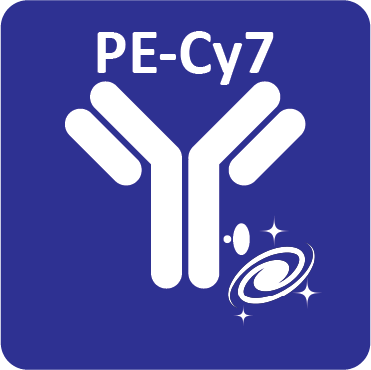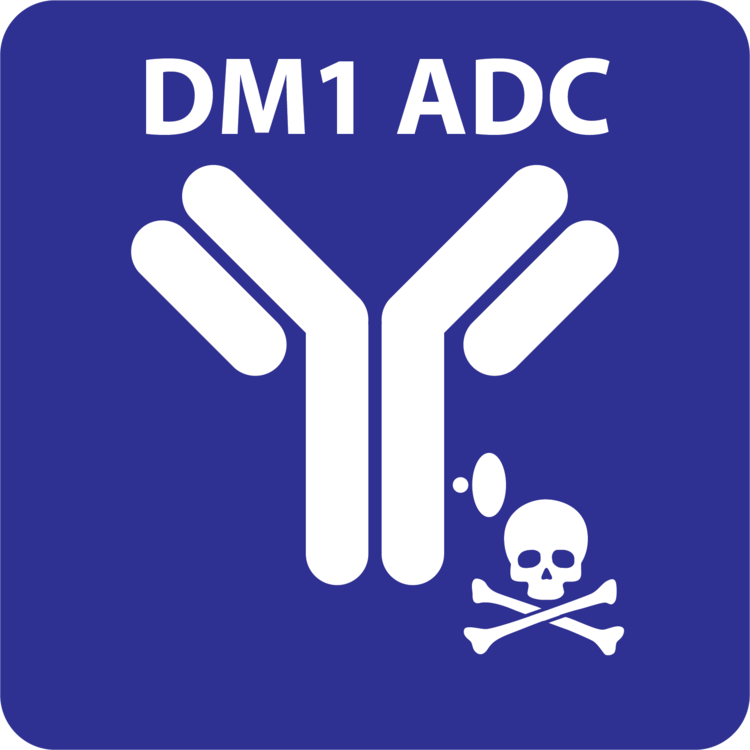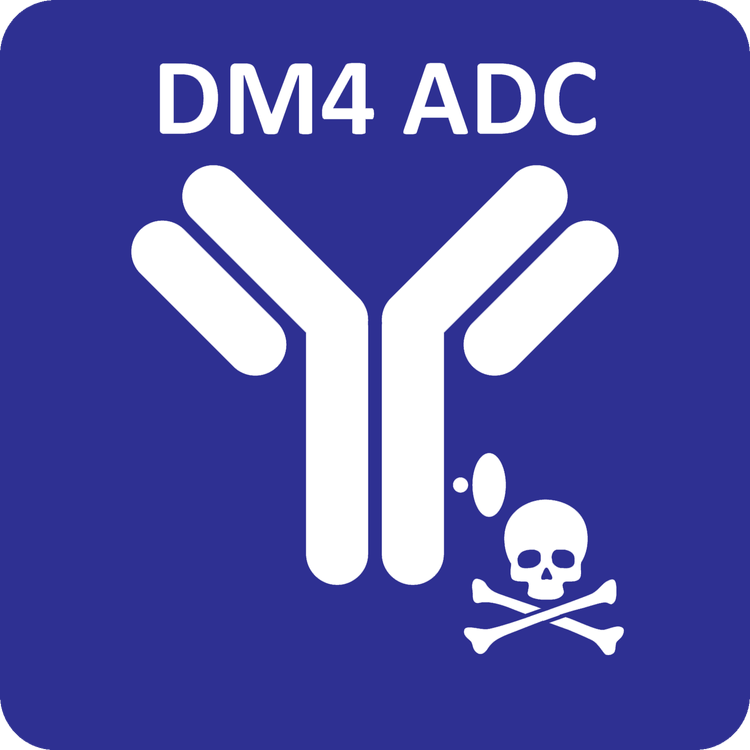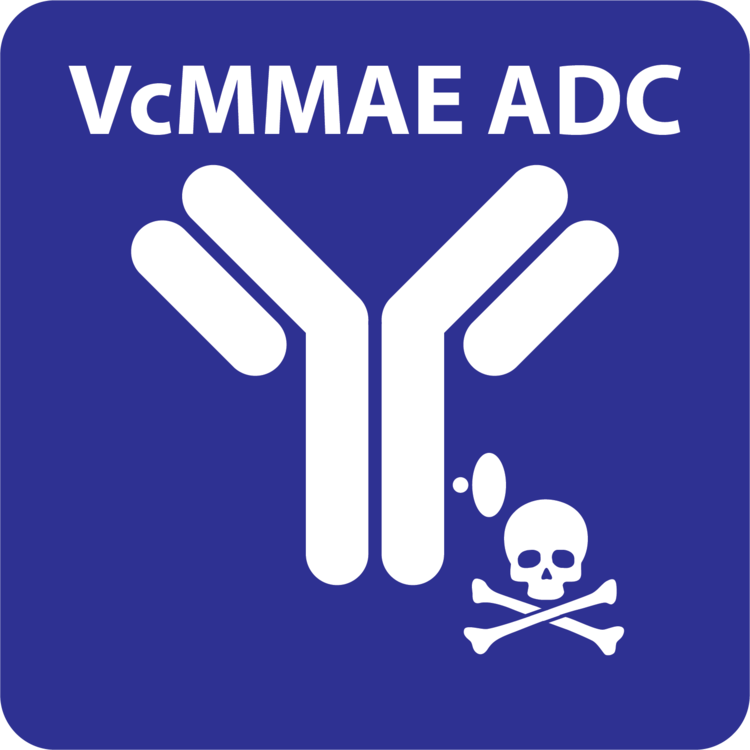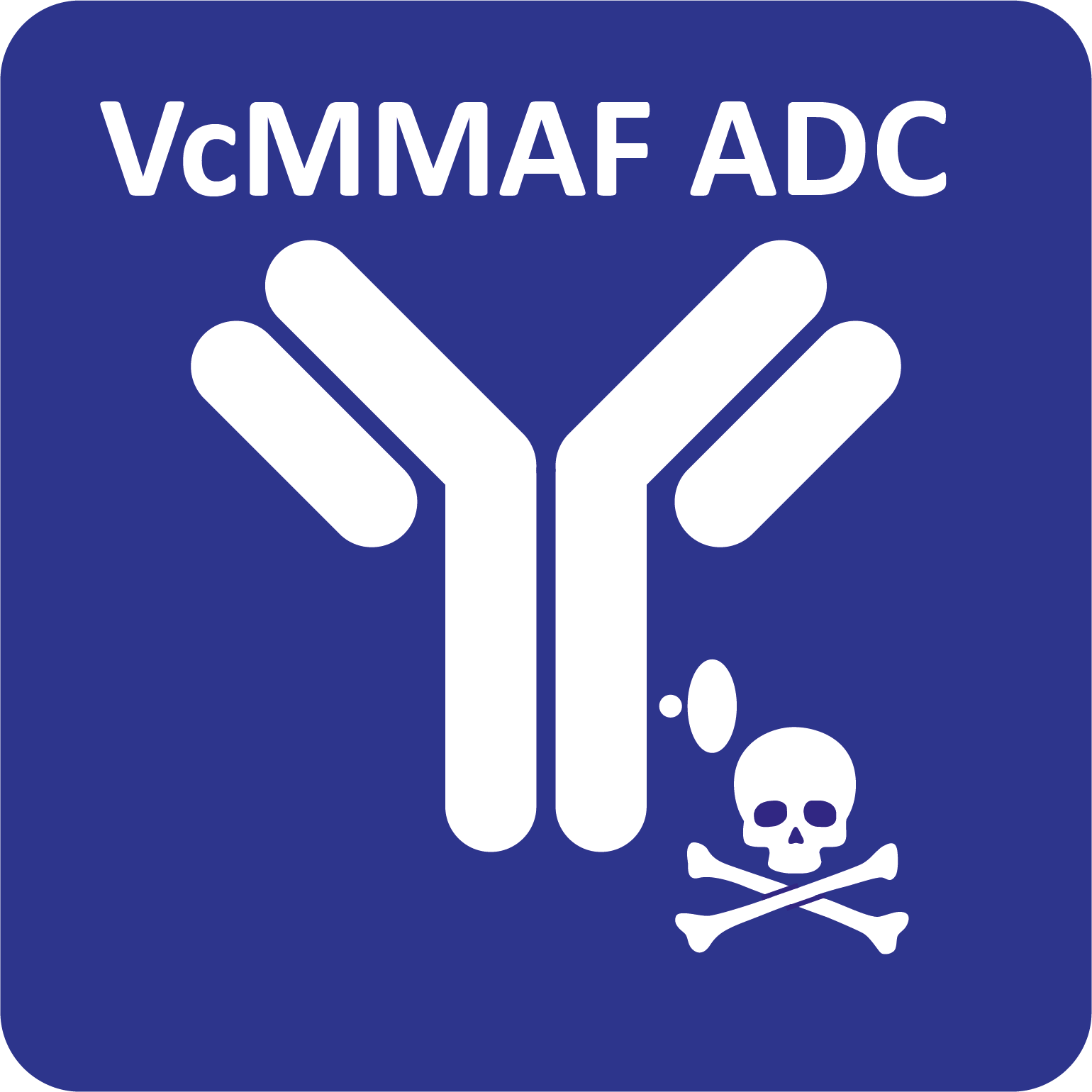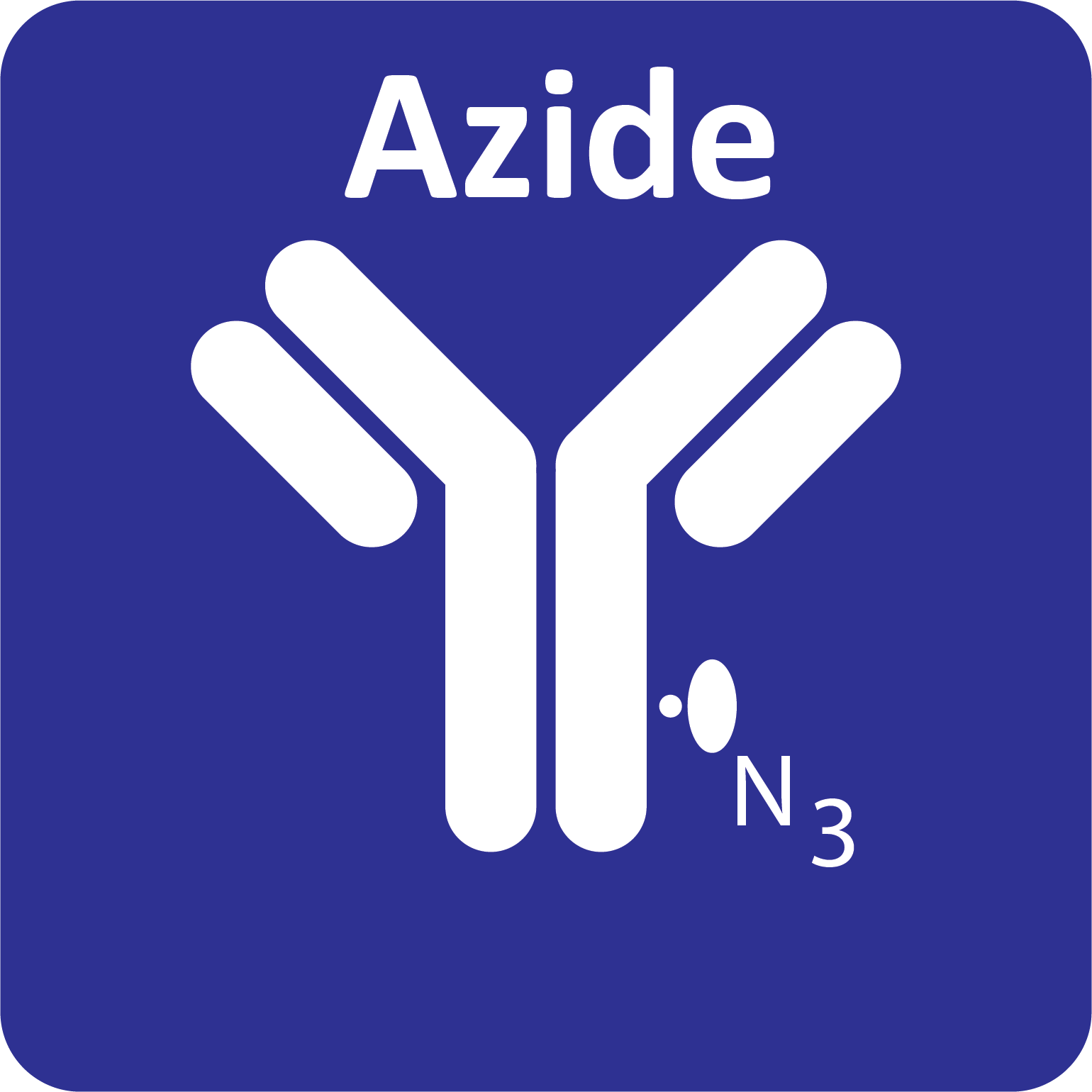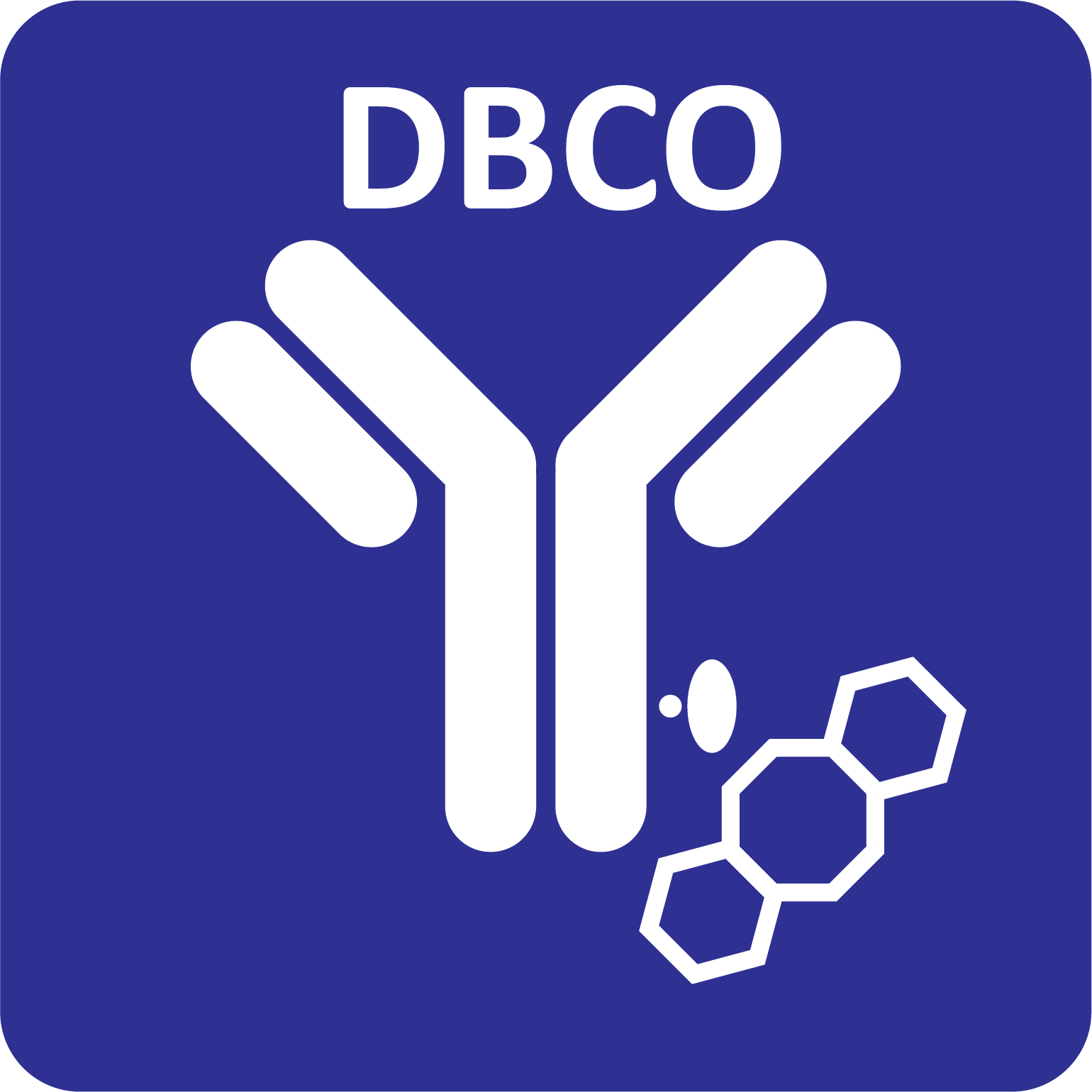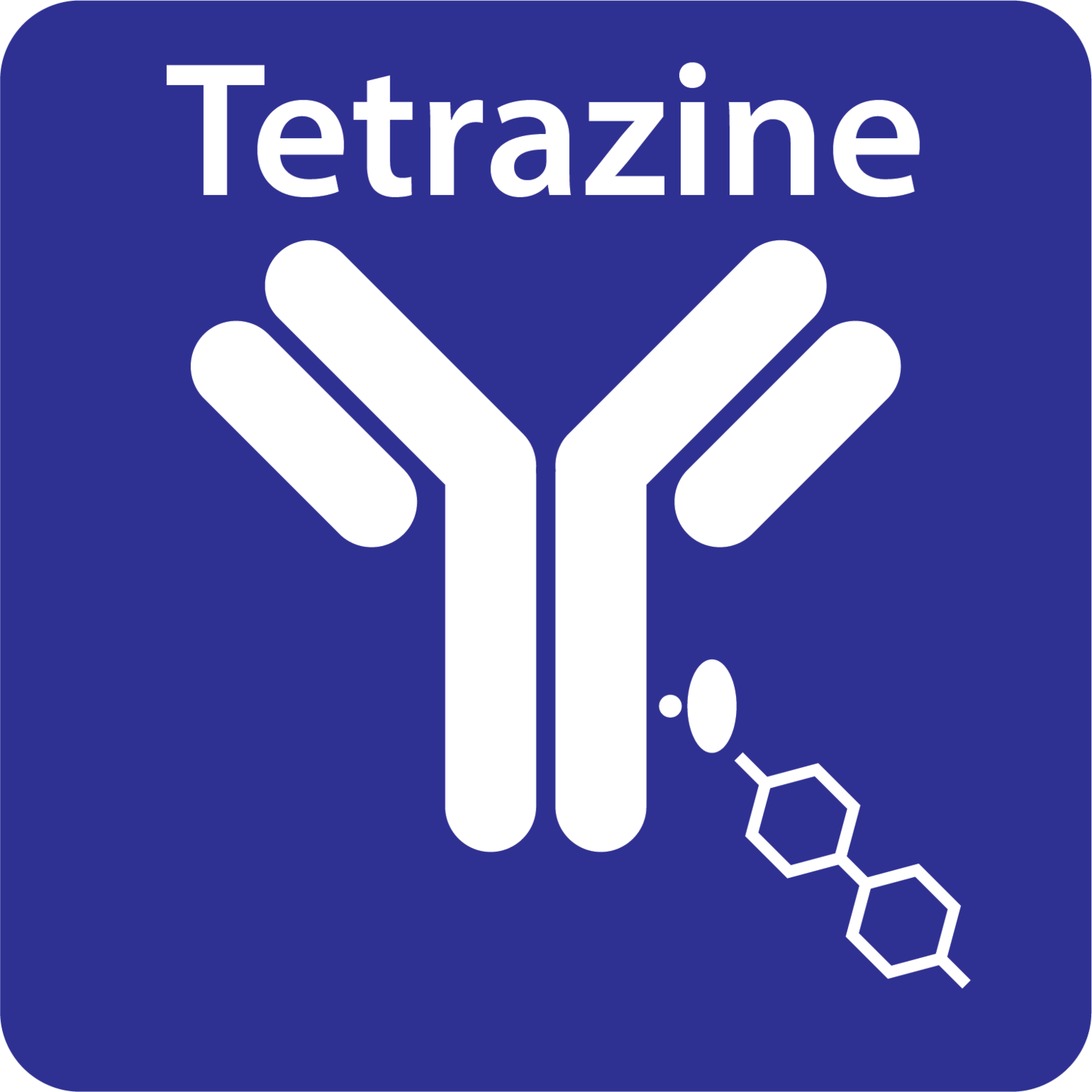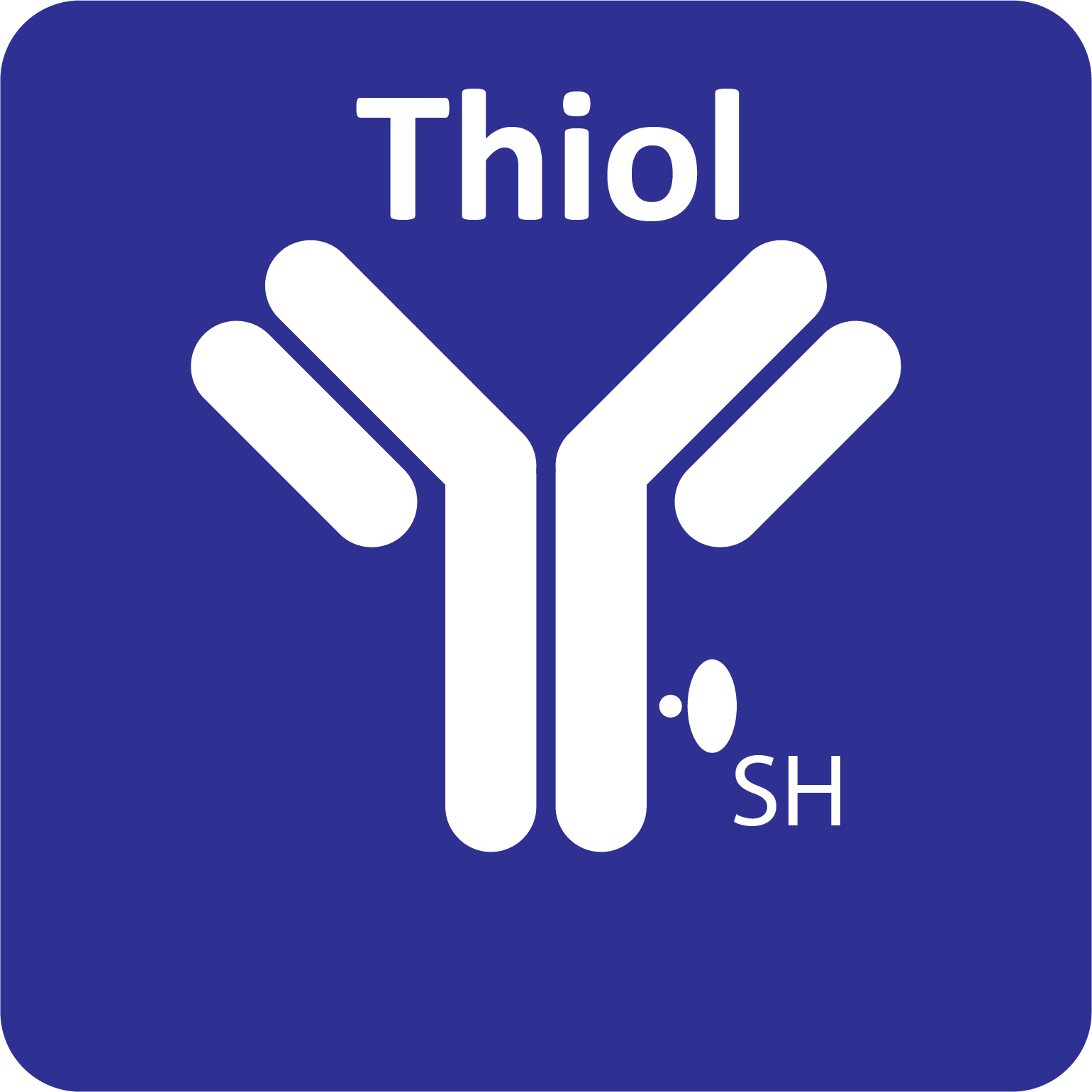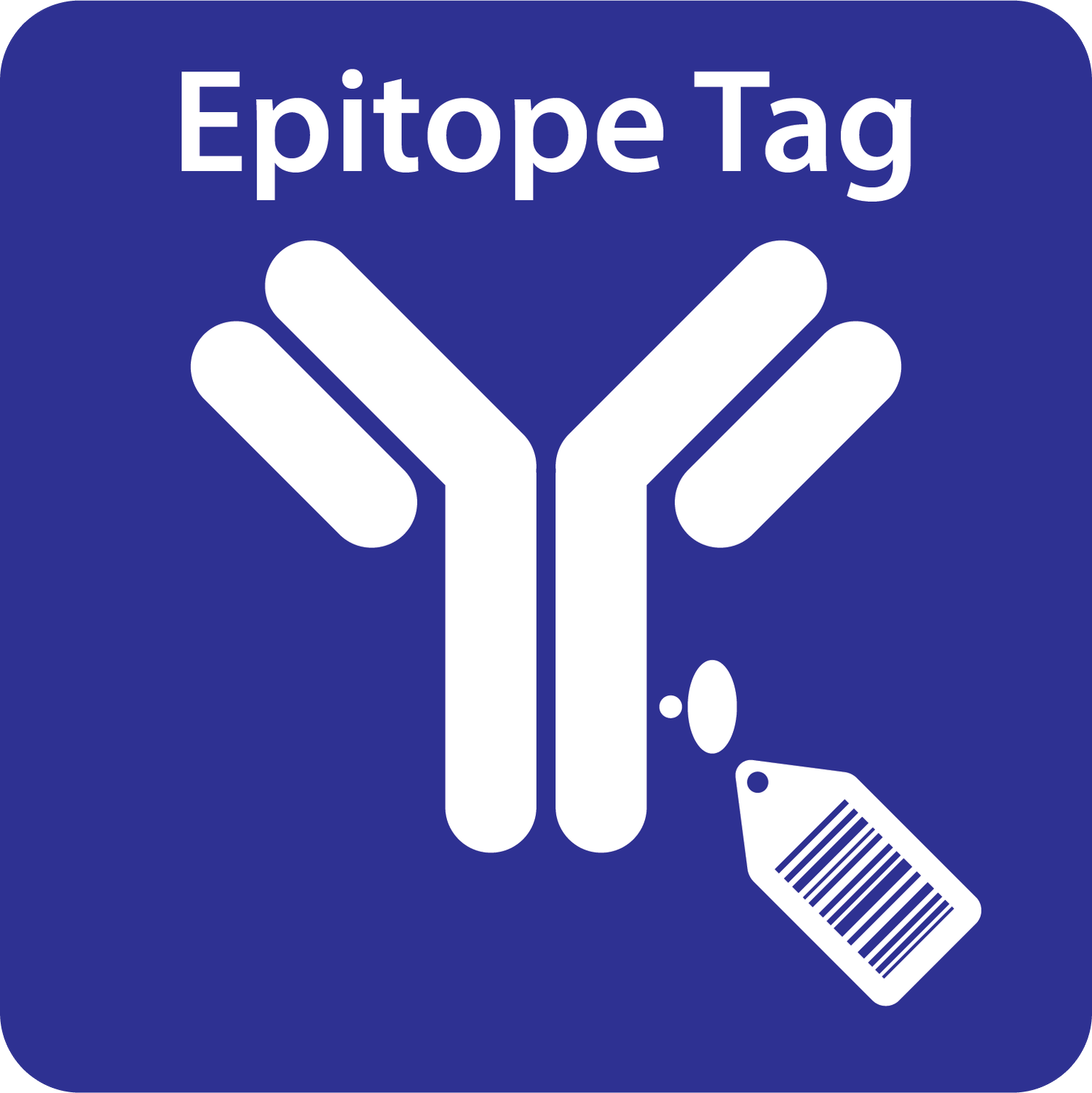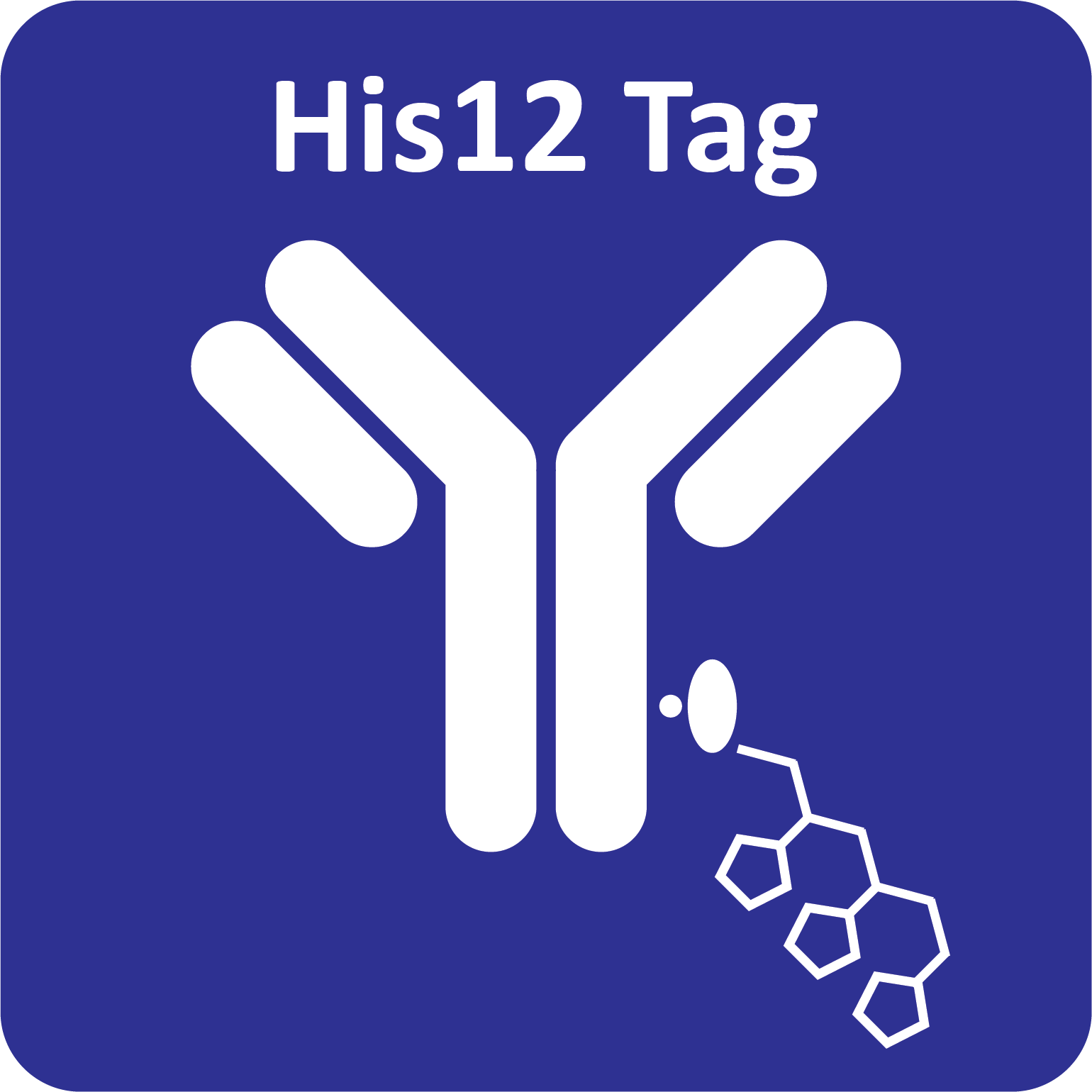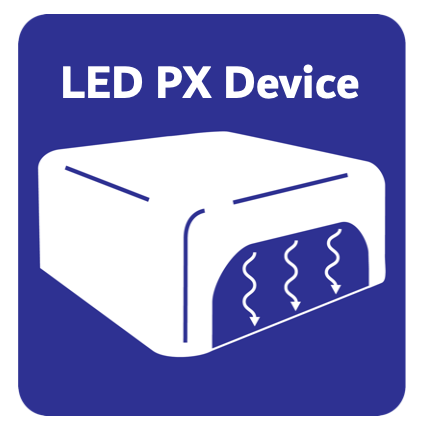Your cart is currently empty!
Stop wasting expensive antibody & oligonucleotide
The use of antibody-oligonucleotide conjugates is becoming more popular as researchers recognize their benefits to significantly improve assay sensitivity and specificity. Applications such as immuno-PCR (iPCR) and Proximity Ligation Assays (PLAs) are some examples of such applications that are replacing more traditional assays such as an ELISA, enabling scientists to detect extremely low levels of protein while improving the specificity of their assay.
The problem with existing conjugation technologies
Chemical-based conjugation kits are low in conjugation efficiency, leading to wasted materials & money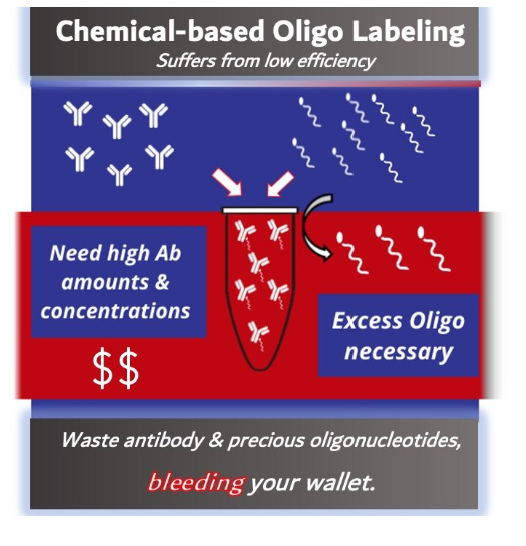
Antibody-Oligonucleotide conjugation has historically been a complex and time-consuming process; however there are now several technologies available to scientists that claim to make the process of oligo conjugation quick and easy. Despite these advantages, many of these technologies conjugation methods are based in chemical approaches that have numerous shortcomings concerning conjugation efficiency:
-
Low efficiency requires excess oligonucleotide reactants
To achieve a high percentage of conjugated antibody with oligos, these chemical-based kits often require a high concentration and large excess of the oligonucleotide reactant. With the production of custom oligonucleotides being an expensive and time-consuming process, the waste of precious oligo material is a common source of frustration for scientists working with oligo conjugates as part of their research.
Bottom-line: Researchers should not have to waste their money or time by mixing a large excess of oligo to achieve successful conjugations.
-
Low efficiency requires high antibody concentrations
The competing chemical-based kits often require high concentrations of antibodies for successful conjugation. This often requires concentrating the antibody prior to conjugation, which can result in antibody loss and wasted time. Using high amounts of antibody for a single conjugation reaction is also wasteful since such large amounts of antibody are often not required for sensitive antibody-oligo applications.
Bottom-line: Researchers should not have to worry about a minimum amount of antibody needed for a reaction when conjugating to their oligos.
-
Buffer exchange can lead to antibody loss
Competing chemical-based conjugation kits often cannot be performed in the presence of antibody storage buffers that contain Tris or storage proteins. Therefore, these antibodies must be buffer exchanged into a compatible buffer before being conjugated with oligonucleotides, which can result in antibody loss and time wasted.
Bottom-line: Researchers should not have exchange the antibody buffer prior to a conjugation reaction.
-
Excess reactants can lead to high background
Chemical-based oligo conjugation kits require excess oligo and high antibody conjugations, oftentimes leading to high background for various assays. While the kit may seem simple to use, the results of the experiments can prove to be frustrating.
Bottom-line: Chemical-based conjugation kits can result in high background that ultimately impairs results of experiments, leading to wasted time and money for researchers.
Achieving high conjugation efficiency with oYo-Link® Oligo Custom: Save reagents, time and money
Imagine if you could site-specifically label your antibody with custom oligos, using only the amount of antibody you need for your experiment and without a large excess of oligo. With oYo-Link this is all possible! oYo-Link® Oligo Custom enables efficient labeling of compatible antibodies with both ssDNA & dsDNA oligonucleotides, up to 80bp or longer. Using photocrosslinking technology we are able to ensure oligo-antibody conjugations with a substantially higher conjugation efficiency when compared to the chemical-based methodology of other kits available on the market.
Low antibody concentrations & amounts
Label as little as 1ug of antibody at a time and in concentrations as low as 50ug/mL: allowing you to perform many conjugations to different antibodies of your choice. No more wasting antibody for single conjugation reactions. Use some oYo-Link® Oligo Custom now and save the rest for later.
Wide compatibility with antibody storage buffers
Due to the high affinity between oYo-Link® Oligo Custom and the Fc region of an antibody, there no need to worry about storage proteins interfering with your conjugation reactions. oYo-Link Oligo Custom is compatible with a wide range of buffers including those containing albumin and Tris.
Save money on Oligos
Furthermore, the strong-affinity interaction enabled by AlphaThera’s photo-crosslinking conjugation technology ensures high efficiency conjugation of your custom oligos to the antibody, meaning you don’t need to use excess or waste your oligos. Save time, money, and reduce background with oYo-Link.
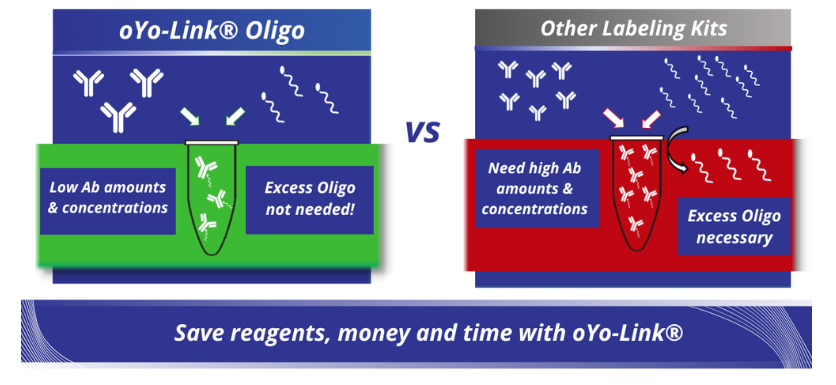
oYo-Link® Oligo Crosslinking data
The data speaks for itself – the superior conjugation efficiency is demonstrated below for oligos of varying lengths and sequence. The shift in the bands indicates high conjugation efficiency with mixing 1uL of the oYo-Link Oligo reagents with only 1ug of antibody.
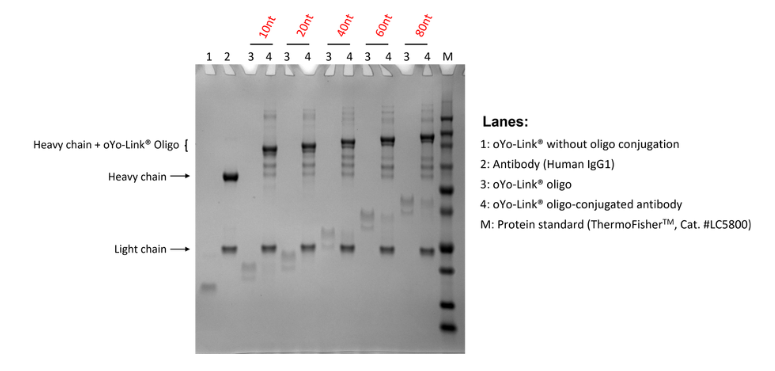 The successful antibody-oligo conjugation of oYo-Link Oligo Custom for Oligos of Varying Length & Sequence: oYo-Link allows efficient oligo-antibody conjugation using custom oligos with different sequences and length: 1μL each of the oYo-Link Oligo reagents was mixed with 1μg of antibody (human IgG1) respectively and photo-crosslinked under 365nm UV for 2hrs. Each of the five oligos has a different sequence and a different length, varying from 10nt to 80nt. Samples were reduced and run on a 4-12% Bis-Tris denaturing gel. Following site-specific photo-crosslinking of the antibody‘s heavy chain with oYo-Link Oligo, an upward shift of the antibody heavy chain was observed. The figure above demonstrates over 90% conjugation efficiency of oYo-Link Oligo to the antibody. There was no significant conjugation efficiency difference observed among oligos with different sequences and lengths.
The successful antibody-oligo conjugation of oYo-Link Oligo Custom for Oligos of Varying Length & Sequence: oYo-Link allows efficient oligo-antibody conjugation using custom oligos with different sequences and length: 1μL each of the oYo-Link Oligo reagents was mixed with 1μg of antibody (human IgG1) respectively and photo-crosslinked under 365nm UV for 2hrs. Each of the five oligos has a different sequence and a different length, varying from 10nt to 80nt. Samples were reduced and run on a 4-12% Bis-Tris denaturing gel. Following site-specific photo-crosslinking of the antibody‘s heavy chain with oYo-Link Oligo, an upward shift of the antibody heavy chain was observed. The figure above demonstrates over 90% conjugation efficiency of oYo-Link Oligo to the antibody. There was no significant conjugation efficiency difference observed among oligos with different sequences and lengths.
Key Takeaway: oYo-Link conjugation technology leverages a high-affinity binding interaction with our proprietary linker technology to conjugate your custom oligonucleotide to any antibody. The result is much higher efficiency conjugations requiring less materials & lower antibody concentrations.
More benefits of oYo-Link® Oligo Custom
Another benefit of oYo-Link is the ability to site specifically label antibodies in the Fc region, assuring there are 1 to 2 oligonucleotides attached per antibody and yielding a homogenous mixture of antibody-oligo conjugates. Therefore, oYo-Link Oligo Custom provides scientists with more control and precision over their experiments, removing any impact of decreased assay performance associated with traditional heterogeneous labeling products. Read more about the benefits of site-specific labeling here.
Want to know more?
Download our brochure to find out more about oYo-Link Oligo Custom, how it can benefit you and how to order. Plus receive 20% discount on your first order with us! Or if you have any questions about the technology get in touch with our technical support team.

